I’d go to Budapest for English music
mainI’m listening to a new Delos recording of the Walton viola concerto, Bax’s Phantasy for viola and orchestra and Vaughan Williams’s viola suite.
The soloist is Hong-Mei Xiao and she plays an English viola made in London in 1790 by Jacob Ford. And pretty good she sounds, too.
But what really catches the ear is the Budapest Symphony Orchestra conducted by Janos Kovacs, playing this fine English stuff as if they’d been born in Berkshire and this was their daily scones and tea.
I guess they record so much film music in Budapest that English pastoral splashes come naturally to their fingers. Still, I cannot remember when I last heard a London orchestra give a more seductive account of our national soundscape.
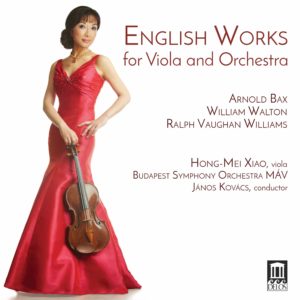

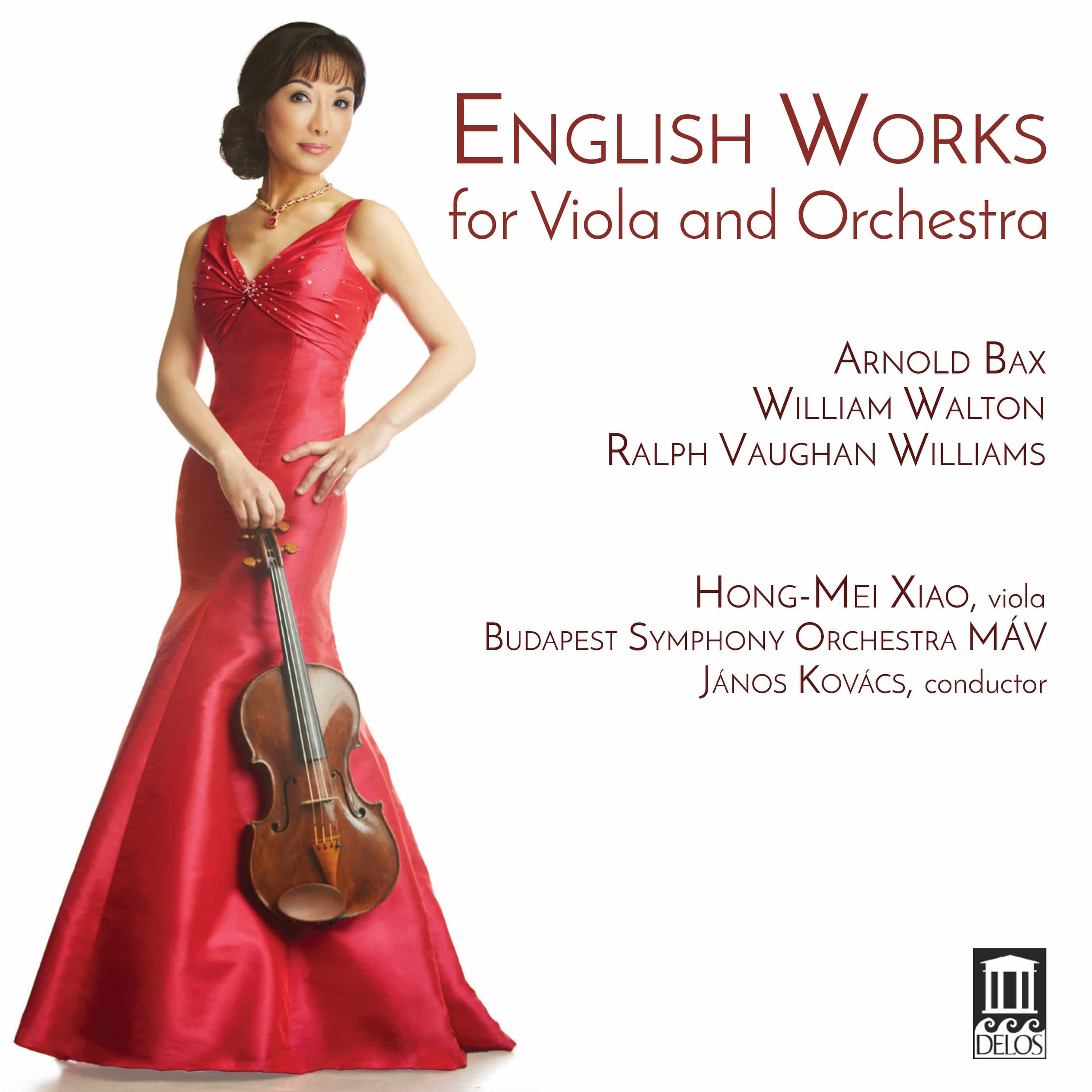
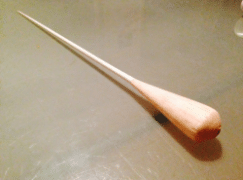
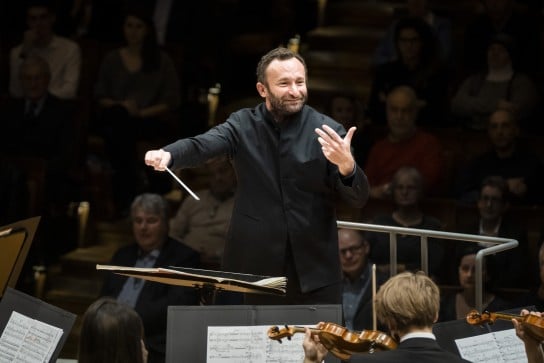

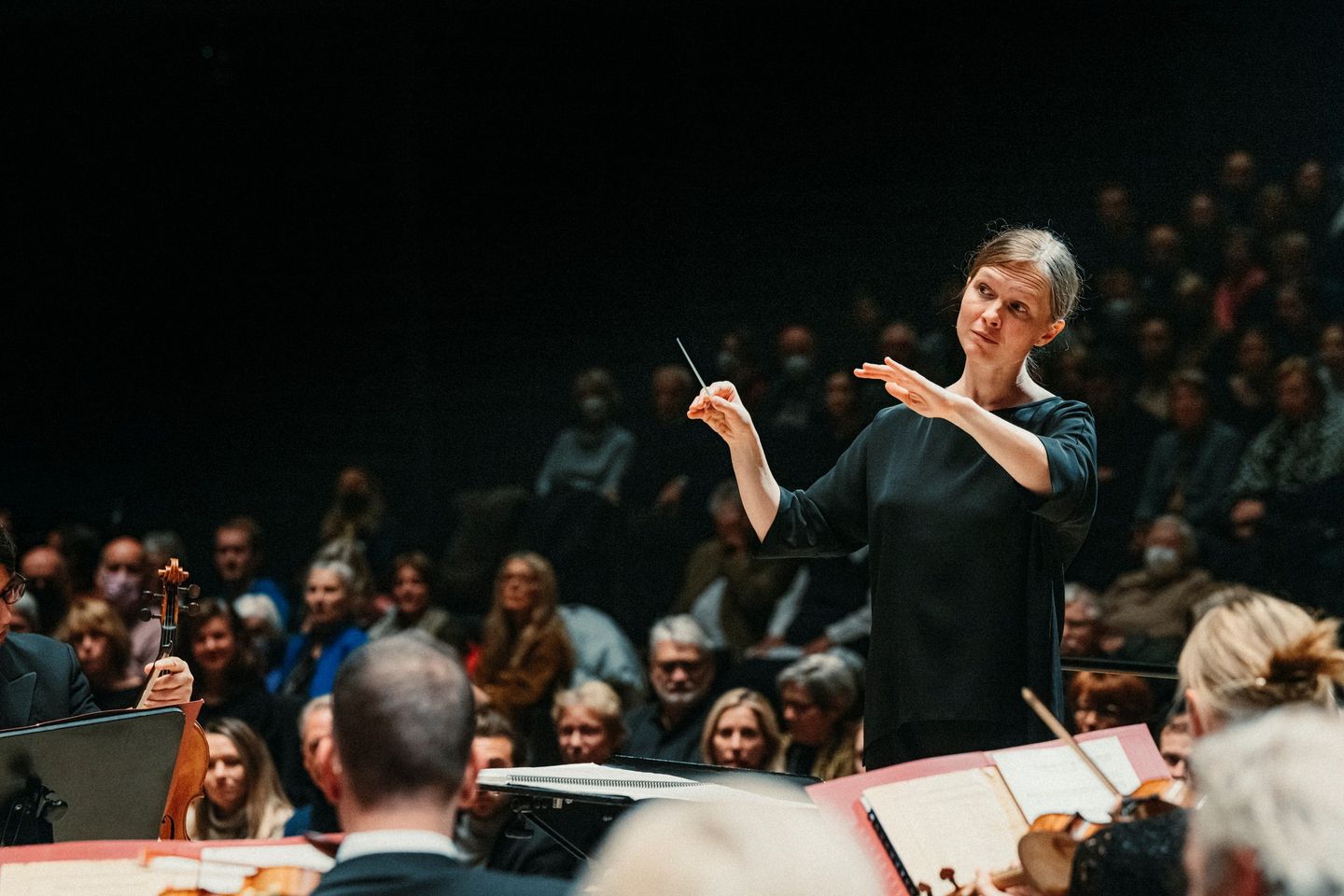
Haven’t you been to Oxford Street in the last two decades? The shop clerks are all Hungarians, Poles, and Czechs. They work there on the side trying to pay off the increasing tuition at Trinity Laban.
The Walton is a thing of poetry. I love that lyrical passage towards the end with the bass clarinet accompaniment. What a masterpiece!!
If we may presume that all agree on exactly what are “steaming cowpats”, then that statement is so demonstrably untrue as to raise the suspicion that its author is simply unacquainted with very much music. It is the very nadir of mere opinion.
I’m afraid you have it completely the wrong way round! It was Elisabeth Lutyens who coined the term “cowpat music” to refer to the likes of Vaughan Williams. She also famously referred to this music as “folky‐wolky melodies on the cor anglais”. I’m sure that RVW himself didn’t call his own music cowpat music. Oh well, who has even heard of Elisabeth Lutyens these days, let alone knows and loves her music? Meanwhile, The Lark Ascending is apparently the most popular piece of music both on Classic FM and on BBC Radio 4’s Desert Island Discs. Unsurprisingly, folky‐wolky melodies remain popular, whether played on the cor anglais or any other instrument. And not just English ones: witness the enduring popularity of Smetana’s Má vlast, Dvořák’s New World Symphony and Slavonic Dances, Brahms’s Hungarian Dances, Copland’s Appalachian Spring, Billy the Kid, and Rodeo, the Five Negro Spirituals from Tippett’s A Child of Our Time, and Chopin’s mazurkas and polonaises.
This doesn’t particularly surprise me. We English are not very good at celebrating and promoting our own composers. I once found myself in Bucharest on Romania’s Great Union Day, and I must say they put on an impressive patriotic triple bill: a one-act Romanian opera, some Romanian orchestral music, and a one-act Romanian ballet. The remarkable thing was that none of the music was by George Enescu, the only Romanian composer most people could name.
Among English composers whom I’d consider truly great I suppose I’d include Tallis and Byrd, and perhaps some other Renaissance composers such as Gibbons and Dowland, Purcell, Elgar, Vaughan Williams, Britten, and Tippett. Vaughan Williams was one of the greatest symphonists of his generation and of the entire twentieth century, yet how often do the symphonies appear on the concert programmes of British orchestras? One is much more likely to hear a symphony of Tchaikovsky, Sibelius, or Shostakovich.
Unfortunately, many concerts of British music also fail to move beyond the patriotic crowd-pleasers like the Pomp and Circumstance marches, Crown Imperial, Jerusalem, etc., which I am sure contributes to a false impression of British music. One must remember that many people who know Land of Hope and Glory will never have heard Elgar’s works of true genius, such as the symphonies, the violin and cello concertos, The Dream of Gerontius, and so on. They will doubtless know Nimrod, but probably do not realise that it is part of a much larger and more interesting work.
There are a lot of very good musicians in Hungary, and I have just had a very good seat for Un Ballo in Maschera for £15. And very well performed without Konzeptregie, thank goodness.
Hong-Mei Xiao and Budapest Symphony conducted by Kovács had already recorded Bartok concerto back in 1998, for Naxos. It is still consider a fine record.
I actually went to Amazon and bought this recording after listening to a couple of snippets. Haven’t heard the whole thing yet, but the Walton is lovely.